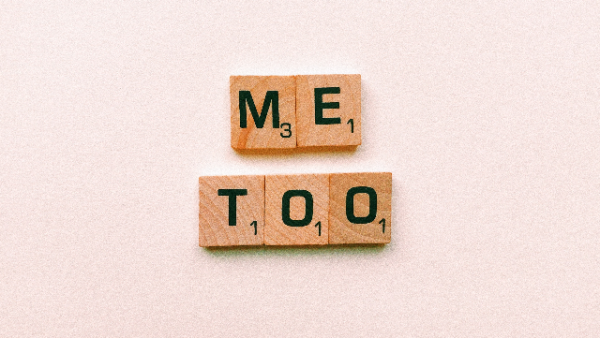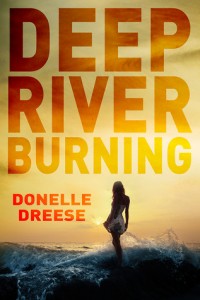Organelle received Honorable Mention for the 2018 Hopper Poetry Prize
http://www.hoppermag.org/organelle/
Organelle has a shell-like nature: intricate, inviting, dense, clever, fractal, winding, neat, and tinged with the sinister. As with any sound poetics, Dreese digs into ethics and power with a steady hand over three parts: The Carson Poems, Organelle, and The Swallow Experiment. Her title poem, “Organelle,” insists “This is about getting to know each other / again as a planetary imperative / a cell membrane circling a globe / worlds within worlds […]” In fact, it is a kind of “planetary imperative” that seems to drive the collection itself, in which Dreese moves through invocations, suggestions, pleas, and imperatives of every sort: “Go where words and clover / converge”; “Let’s call them ‘apples’”; “I need you to know how much I cradle / this flower” . . . their tones always weighing the nature of desire in its many shapes. A revisionist and speculative muscle courses and flexes throughout, celebrating women of science in all of their complex vitality, including and especially their vitality after death, and sometimes in their obscurity. These poems carry you along: they are wet and always moving. Organelle is a refreshing and sensual inquiry along the queer ecotones of words and things, abstract and material, aquatic and terrestrial, blues and browns, woman and ghost, this body and the next.
—Anna Mullen, The Hopper Poetry Editor
Sophrosyne Cover Art
I’m thrilled that artist Piper Lane’s “Yin Yang Mandala” is the cover art for my poetry collection Sophrosyne, published by Aldrich Press!
The Reader’s Time
I am currently navigating through the deep sea of a novel manuscript. As I write, I frequently ask–have I lost my reader yet? Have I allowed my reader to break from the ship and float alone in an ocean of drowsy disappointment? Or worse yet, are they returning to shore with a sigh of narrative bewilderment? I don’t always know the answer, but if I suspect the answer is yes, then my writing goes on a rescue mission.
I truly care about my reader, and when I think about how long it takes to read a novel, I feel a strong sense of responsibility to not waste my reader’s time. But I also realize that timing plays a role in how much we are engaged by a piece of writing. There is nothing more marvelous than finding the right book at the right time, and when this synchronicity happens, it can be life altering.
When I am writing, I do not think about synchronicity, but I do think about what will encourage my reader to keep turning the pages. I want to entertain as well as inspire, and maybe even inform, and these are guiding influences in everything I write. The reader’s time is important to me and I am always grateful when time has been invested in my work by a reader, and hopefully, that time is enjoyed.
Book Giveaway Trivia Question
BOOK GIVEAWAY TRIVIA QUESTION– A dragonfly’s eye has how many lenses? Email me the correct answer and win a signed copy of my recently published novella Dragonflies in the Cowburbs!



